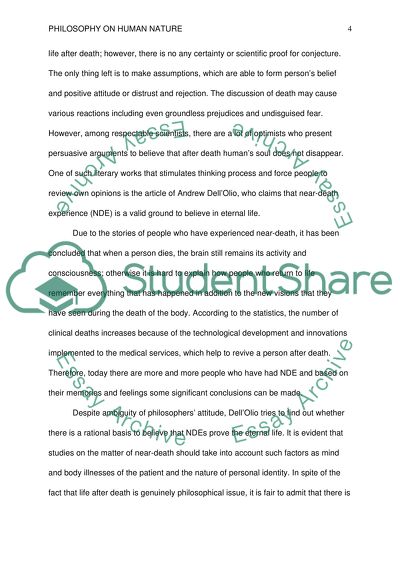Cite this document
(“Philosophy of human nature Essay Example | Topics and Well Written Essays - 1750 words”, n.d.)
Retrieved de https://studentshare.org/philosophy/1462534-philosophy-of-human-nature
Retrieved de https://studentshare.org/philosophy/1462534-philosophy-of-human-nature
(Philosophy of Human Nature Essay Example | Topics and Well Written Essays - 1750 Words)
https://studentshare.org/philosophy/1462534-philosophy-of-human-nature.
https://studentshare.org/philosophy/1462534-philosophy-of-human-nature.
“Philosophy of Human Nature Essay Example | Topics and Well Written Essays - 1750 Words”, n.d. https://studentshare.org/philosophy/1462534-philosophy-of-human-nature.


